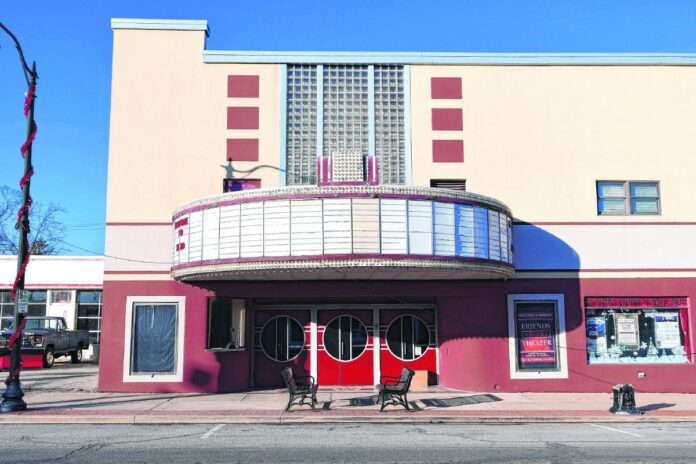
GREENFIELD — Amid the COVID-19 pandemic, many industries are struggling, but perhaps none have been harder hit than the tourism industry. On the local level, the Hancock County Tourism Commission is struggling to stretch out its limited funding.
For organizations like it, the state of Indiana is aiming to help.
To support organizations that depend largely on travel and in-person events, Indiana has launched a new program to reimburse arts, cultural and tourism groups with $10 million of CARES Act funding.
The tourism commission is among several Hancock County organizations hoping to apply for the funding. The Indiana Destination Development Corporation and the Indiana Arts Commission are administering the program, intended to support organizations that were affected by COVID-19 with unexpected costs.
The program is open to applications from destination marketing organizations like the Hancock County Tourism Commission as well as to organizations that provide arts programming or put on festivals for Hoosiers.
Tourism commission officials said they were looking into applying for the program.
Brigette Jones, executive director of the Hancock County Tourism Commission, said the commission has halted its grant program and drastically cut back its spending on advertising.
“We are just concerned whether or not we have the money to be able to stay afloat,” Jones said.
Many local events have been canceled due to COVID-19, including the two biggest moneymakers for the Tourism Commission: the Riley Festival and the Hancock County Fair. Both typically draw people to area hotels, which support the commission through taxes collected on nightly room rentals.
Bob Mattsey, a member of the tourism commission’s board of directors, said the commission is prohibited by law from accessing any other source of county funding — so even if they had the money, the county commissioners could not come to its aid with other funds.
“We can’t get a bailout from anywhere,” Mattsey said.
Mattsey said the commission has taken a hard look at its budget and cut back on most of its expenses. However, it still has recurring costs like paying for its building and Jones’ salary to worry about, and he said 2021 may be more difficult than this year.
For the tourism commission to get closer to its normal revenue, Mattsey said, local hotels would need many more bookings than they currently have. The county is suffering not only from the lack of major events, he said, but also from the lack of business travel that normally fills many rooms.
“I guess everyone’s thinking the same thing. We just need all this to stop,” he said.
Jones said the commission is hoping things will eventually return to normal in the tourism industry
“We are able to do very minimal stuff to try to ride out that storm,” she said.
Amanda Everidge, president of the tourism commission’s board, said the organization will be working to support county hotels and hoping for its revenue to rebound. She is not yet sure what they will be able to afford in 2021.
“We’re not going to go into next year with the funds available to be able to proceed as normal,” Everidge said.
The tourism commission is not the only struggling organization hoping CARES Act funds might come to their aid. The Riley Festival and the H.J. Ricks Centre for the Arts both expressed interest in pursuing the program.
“We’re definitely interested in finding out more about it,” said Sarah Wolf, secretary of the board of directors for the Hancock County Visitors Bureau, which operates the theater.
The Ricks Centre has ongoing expenses, but its bookings have been few and far between during the pandemic, Wolf said. A church met in the space for a time, and one theater event has been held, but the weddings and meetings that provide much of its revenue have dried up.
“It’s hard for organizations that rely on public events,” Wolf said.
